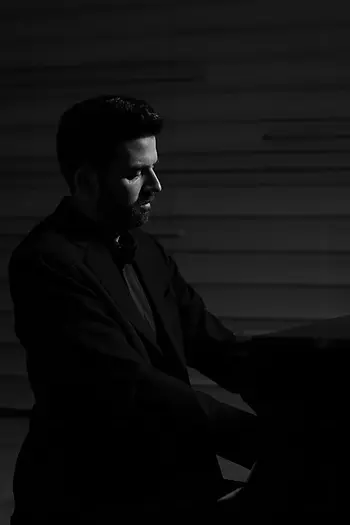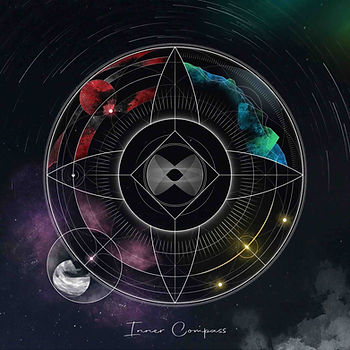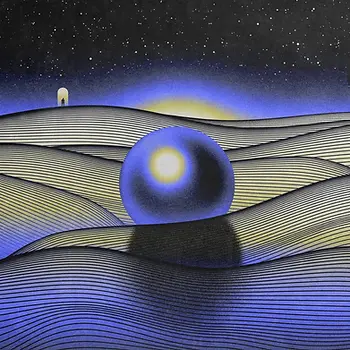
Pianist Dustin Gledhill’s much-anticipated sophomore album, Live at Wigmore Hall – 2010, releases on November 15, 2024, and it is nothing short of extraordinary. A thrilling display of virtuosity and interpretative brilliance, the album showcases Gledhill’s profound mastery of piano repertoire from the French Baroque to early 20th-century Russian modernism. Featuring works by Gabriel Fauré, François Couperin, and Sergei Prokofiev, this live recording captures not just the technical demands of each piece but the heart and soul that makes Gledhill’s performance unforgettable.
Gabriel Fauré’s Nocturne Op. 63: Romantic Elegance with a Tender Touch
The album opens with Fauré’s Nocturne Op. 63, a composition that defies the traditional boundaries of the nocturne genre with its intricate dynamic range and unexpected key changes. From the outset, Gledhill envelops the listener in a lush, romantic atmosphere. His velvety, fluid arpeggios create an air of intimacy, effortlessly setting the tone for what is to come. As the piece develops, the harmonies grow increasingly tense, and the dynamics swell to passionate, dramatic heights. Yet even in the most powerful fortissimo moments, Gledhill preserves a signature tenderness. This delicate balance—maintaining the romantic essence of the music without sacrificing its intensity—reflects a true mastery of Fauré’s complex emotional language.
The rapid, cascading arpeggios in the middle section flow like a gentle stream, caressing the listener with the smoothness of water gliding over skin. Gledhill’s precision and grace make these demanding passages feel ethereal and natural, a testament to his consummate skill. It’s piano playing at its finest, as Gledhill combines technical brilliance with genuine emotional depth.
François Couperin’s Les Ombres Errantes and La Mystérieuse
Next, Gledhill transports us back to the French Baroque era with François Couperin’s Les Ombres Errantes (The Wandering Shadows) and La Mystérieuse (The Mysterious One) from the 25th Ordre. Originally composed for the harpsichord—a keyboard instrument known for its lack of dynamic variation—these pieces present unique interpretive challenges when played on the piano. Yet Gledhill rises to the occasion, striking a delicate balance between authenticity and expressive warmth.
His approach is meticulous yet inventive. By carefully modulating the dynamics while keeping a consistent touch, Gledhill evokes the spirit of the harpsichord, a feat that demands extraordinary control. Yet his performance never feels mechanical or rigid. Instead, he breathes new life into Couperin’s music, infusing it with the natural expressiveness of the piano while remaining deeply faithful to the Baroque style. Each note resonates with clarity and grace, and the way Gledhill captures the piece’s wandering and mysterious character while weaving in subtle romantic nuances is nothing short of masterful. This performance reminded me of the famous rendition of J.S. Bach’s Goldberg variations by the legendary pianist, Glenn Gould.
Sergei Prokofiev’s Sonata No. 4 in C Minor, Op. 29
The album concludes with a striking rendition of Sergei Prokofiev’s Sonata No. 4 in C Minor, Op. 29, a work that brims with the composer’s signature contrasts: biting staccatos, flowing legatos, striking marcatos, and dramatic changes in texture. Composed in 1917 and drawn from sketches made years earlier, the sonata is dedicated to Prokofiev’s close friend, Maximilian Schmidthof, whose tragic death in 1913 casts a shadow over the piece’s emotional landscape.
Gledhill’s performance is a tour de force, effortlessly navigating the sonata’s virtuosic demands. The seamless transitions between staccato and legato, and the nuanced execution of marcato passages, make even the most complex sections sound deceptively easy. This is the hallmark of true virtuosity: making the nearly impossible seem graceful and natural. Gledhill’s reading of the sonata is both faithful to Prokofiev’s vision and imbued with his own artistic sensibility. The final chord of the first movement, with its abrupt and dramatic end, is executed with precision, leaving a haunting resonance in the air.
In the second movement, Gledhill’s interpretation of the ostinato-like chords features breathtaking dynamic shifts, each note beautifully controlled and mesmerizing. The third movement, with its sweeping melodic leaps and rapid arpeggios, is performed with remarkable fluidity. Gledhill’s playing captures the restless, kinetic energy of the piece while maintaining impeccable clarity. The result is a smooth, masterful performance that brilliantly concludes this album. I must admit that this is already my personal favorite performance of Prokofiev’s piano sonata No. 4.

Epilogue
Live at Wigmore Hall – 2010 is a powerful statement from Dustin Gledhill, reaffirming his place as one of today’s most compelling pianists. His ability to merge technical precision with emotional richness transforms each piece into a living, breathing work of art. This album is an experience—a musical journey through passion, mystery, and brilliance. As Gledhill commemorates Gabriel Fauré’s death centennial and pays homage to Couperin and Prokofiev, he invites us into a world of piano mastery that is both timeless and deeply personal.
#Piano #ClassicalMusic #LiveAtWigmoreHall #DustinGledhill #PianoRecital #GabrielFaure #FrancoisCouperin #SergeiProkofiev #BaroqueMusic #RomanticMusic #ModernistMusic #Virtuoso #PianoArtistry #AlbumRelease #ClassicalPiano #WigmoreHallLive #MusicReview #PianoPerformance #CentennialTribute #MasterfulPiano







